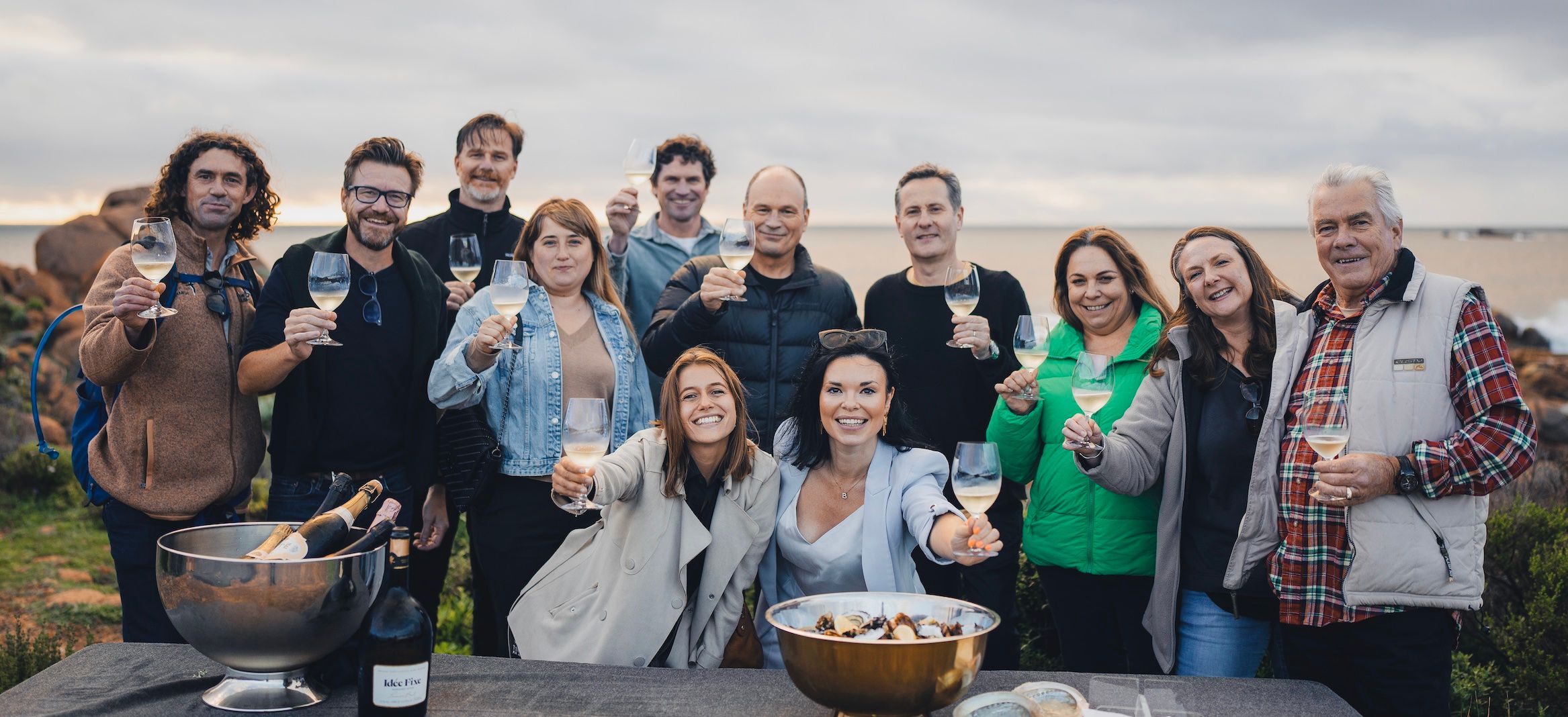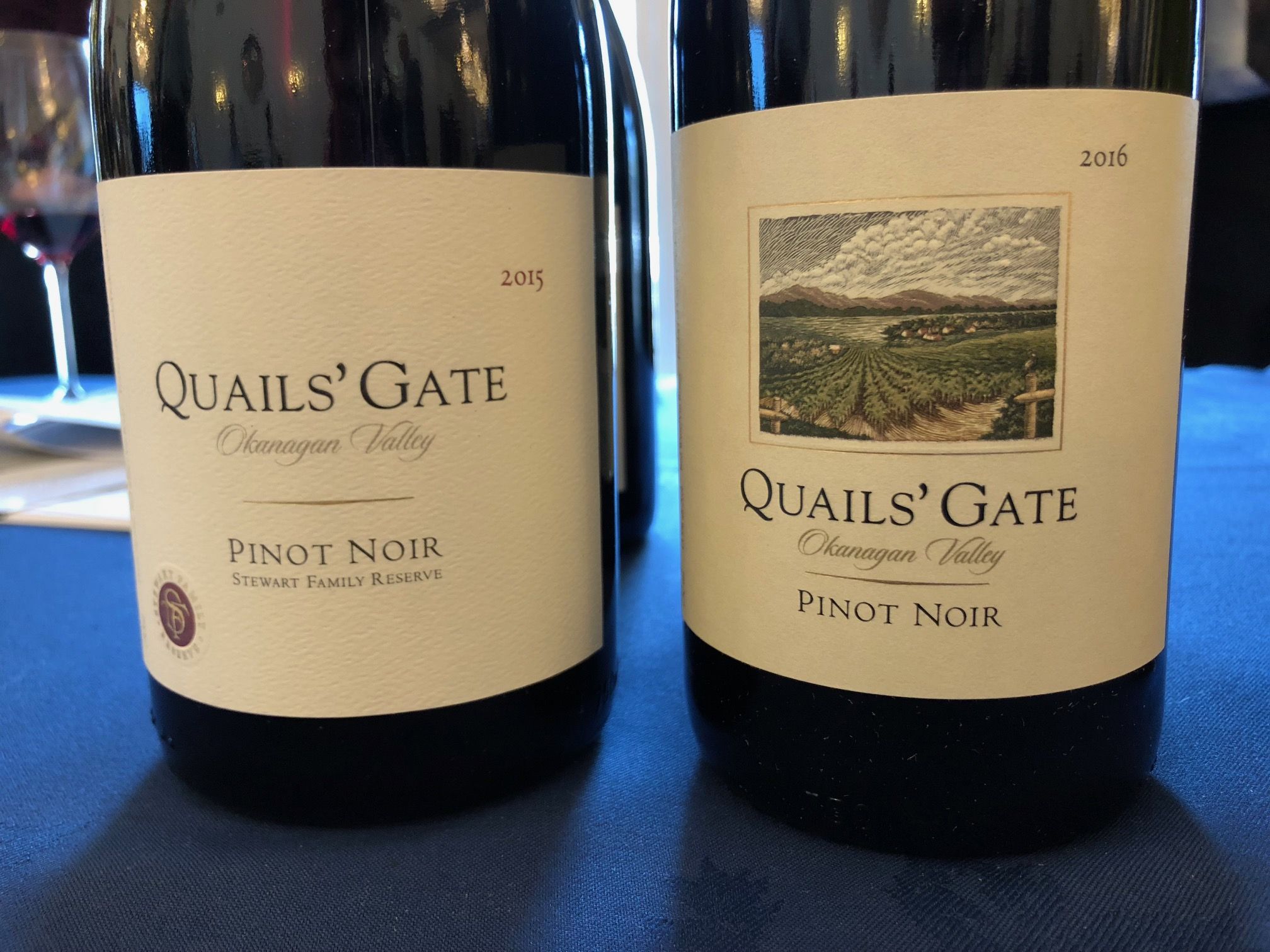You can find all the results for the IWSC 2023 awards at its website here, and analyse the full results from its Margaret River judging here.
Margaret River represents just 2% of Australia’s wines and is recognised for its refined, age-worthy Cabernet Sauvignon and pure, layered and expressive Chardonnays and punches well above its size in quality and accolades. We tend to think of this winemaking region as new, having only really blossomed in the last 50 years, but many of the vines are over 40 years old making it rich old-vine territory. Its wines are refined, expertly crafted, people-pleasers, something highlighted by the fact that 24 wines were awarded gold and almost every flight included medal winners.
“I have personally never given so many silvers and golds over three days of judging,” said The Wine Society buyer and seasoned judge Freddy Bulmer.
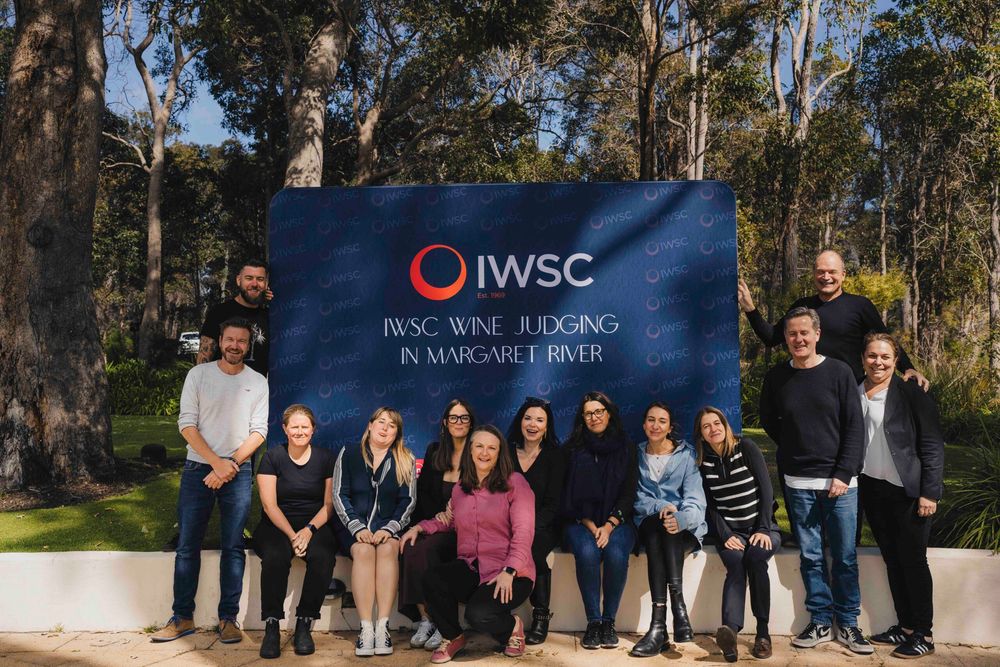
The IWSC’s judging panel in Australia’s Margaret River. Photo Ovis Creative
Given the calibre of the wines it was no surprise we judges were delighted to be heading across the globe to Australia. Freddy Bulmer and I were joined by Melania Battiston, Beth Pearce MW, buying director at Lay & Wheeler and judging committee member and Master of Wine, Alistair Cooper, who oversaw the judging panels. Our Australian counterparts were Randall Pollard, Erin Larkin, Chris Crawford and Emma Farrelly and it was this combination of international wine professionals and communicators that led to so much interesting debate and discovery.
Judging in situ
Judging in situ is a rare and beautiful experience – even rarer when the “situ” is over 20 hours travel away. The initiative of Christelle Guibert, chief executive of IWSC, it allows a real glimpse into the world and winemaking of a particular place as well as fostering connections and networks across the globe. I had no idea that Margaret River was a one of the world’s 34 internationally recognised biodiversity hotspots and was struck by its beauty and distinctive local aromas, like salt-bush that were suddenly so discernible in some of the wines.
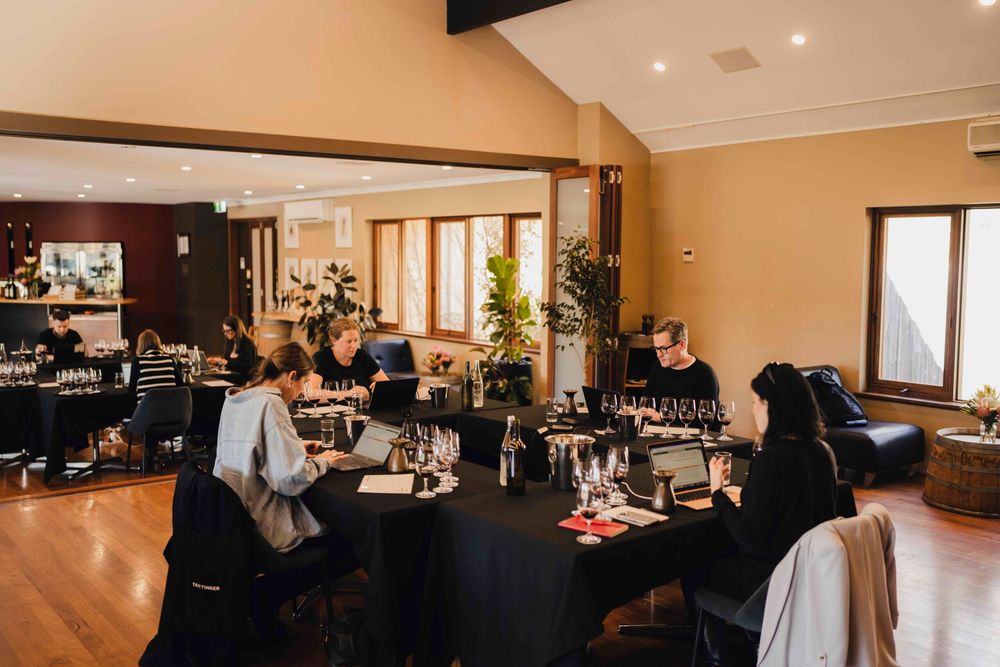
The IWSC judging team getting down to business. Photo Ovis Creative,
It is a useful thing for any journalist, communicator, or salesperson to be able to tell the story of a wine from first-hand experience. It also benefits local producers, who can submit their wines easily, without international travel and potential Brexit border issues.
Though we were there for only four full days, the three days of judging were interspersed with meeting producers, visiting vineyards and wineries and getting to know the winemakers over lunches, dinners and masterclass tastings. Not that any of this conviviality would influence who won what, the wines are all tasted entirely blind.
We managed to learn more about Margaret River itself too. On the first night we walked part of the Cape To Cape Trail learning about donkey orchids and salt bush as we ate oysters and drank local sparkling wines. Another evening we listened to a didgeridoo play in the underground caves said to house the good sea spirit of Ngilgi and learned about the six seasons of the Aboriginal culture, seasons that the winemakers of the area adhere to today. I cannot stress how important and valuable it felt to be present where wine was made, to be able to weave in the strands of culture and climate first hand.
We visited the original greats, Vasse Felix, the first to be planted in 1967, as well as Cullen and Leeuwin Estate who had swiftly followed by 1972, and we also met with younger, up-and-coming winemakers who were experimenting with Italian varietals, Chenin Blanc, Grenache and Shiraz.
What stood out
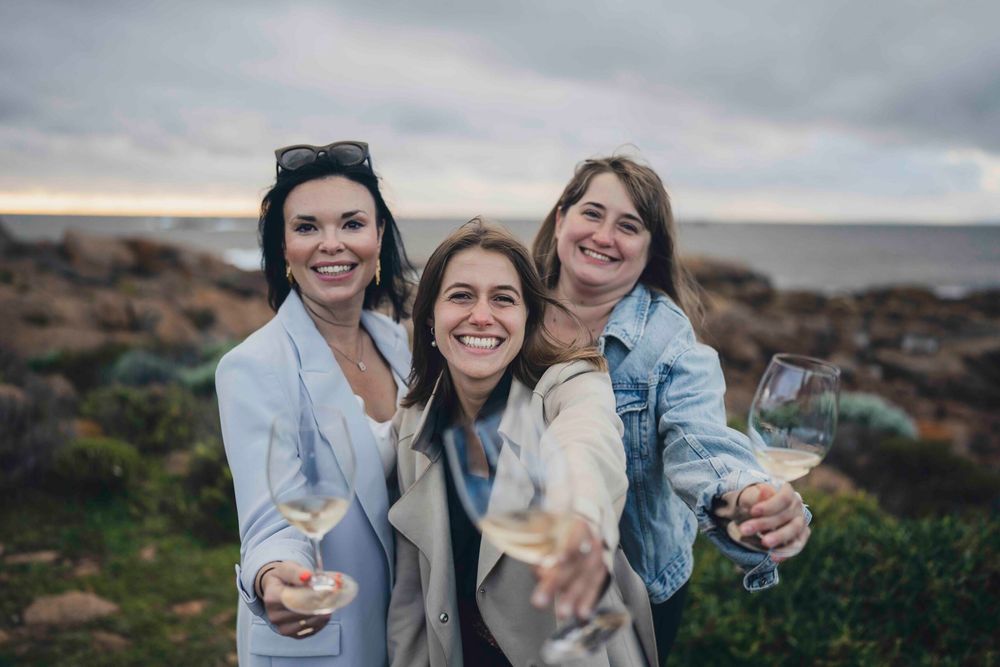
Having the chance to taste and experience Margaret River in the region itself was a breakthrough for the judges. Photo Ovis Creative
Of the lesser planted grapes Shiraz stood out to the judges, showing enormous potential, with the Passel Estate Lot 71 Reserve Syrah 2018 winning a gold medal. Sauvignon Blanc and Semillon blends seem to be taking more of a backseat despite the quality of the grapes, which the Australian judges put down to the changing fashion of people’s palates, though there was another gold medal here for the Voyager Estate Sauvignon Blanc-Semillon 2023 with its green pineapple and citrus zest.
However, it was the two classics that really shone. “With Chardonnay they always strike this perfect balance between the reductive touch and the really skilful use of the oak,” said sommelier Melania Battiston. The 2022 vintage was a particular favourite showing incredibly harmony of flint and fruit purity.
Chardonnay took 11 gold medals: four of these, all 2022, went to Cherubino in what can only be described as an embarrassment of riches as it won a total of 16 medals over the awards. The highest scoring Chardonnay, however, at 97 points, went to Stella Bella Wines for its Luminosa Chardonnay 2022. I dislike using Burgundy as a reference point as these wines stand for themselves in quality and complexity – that said, there is no denying that on a global stage these wines can hold their own in “Burgundian” territory.
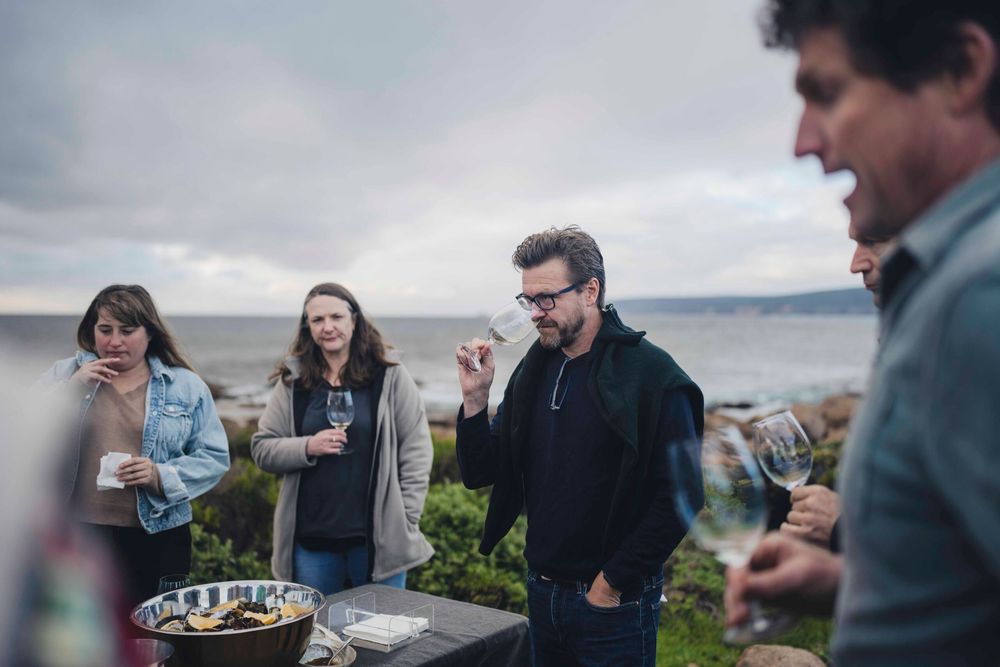
Alistair Cooper MW, centre, says Margaret River Cabernet Sauvignon has great ageing potential but can also be drunk young too. Photo Ovis Creative
Likewise, Alistair Cooper favourably compared the Cabernet Sauvignon to Bordeaux saying, “if you’re buying a young vintage Bordeaux it ain’t much fun to drink, it’s tough but the wines you find here, they’re wines that can age but they also drink very well when they’re young”.
What stands out about these reds is their plush, focus-driven fruit and this incredible succulent acidity across the board. They brought home 10 gold medals with the top gold, Cape Naturaliste Vineyard Torpedo Rocks Reserve 2018, earning 97 points for its supple, polished poise and aromatic complexity.
There was some debate on the “best” vintage with 2018 being a gift of a year according to the winemakers and producing richly rounded, perfectly balanced wines. The cooler 2019 was celebrated for its precision and focused elegance, 2020 and 2021 both took home gold medals and the 2022 were felt to promise exceptional development over years to come.
Margaret River delivers incredible wines that can be enjoyed right now but with a skilful ability to age. Beth Pearce called it “an insider secret in the fine wine world.”
But perhaps, after these incredible scores by the IWSC, the cat may be out of the bag.
You can find all the results for the IWSC 2023 awards at its website here, and analyse the full results from its Margaret River judging here.
You can read other reports from IWSC’s On The Road judging series including Turkey here and South Africa here.
